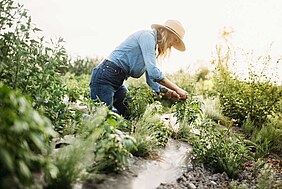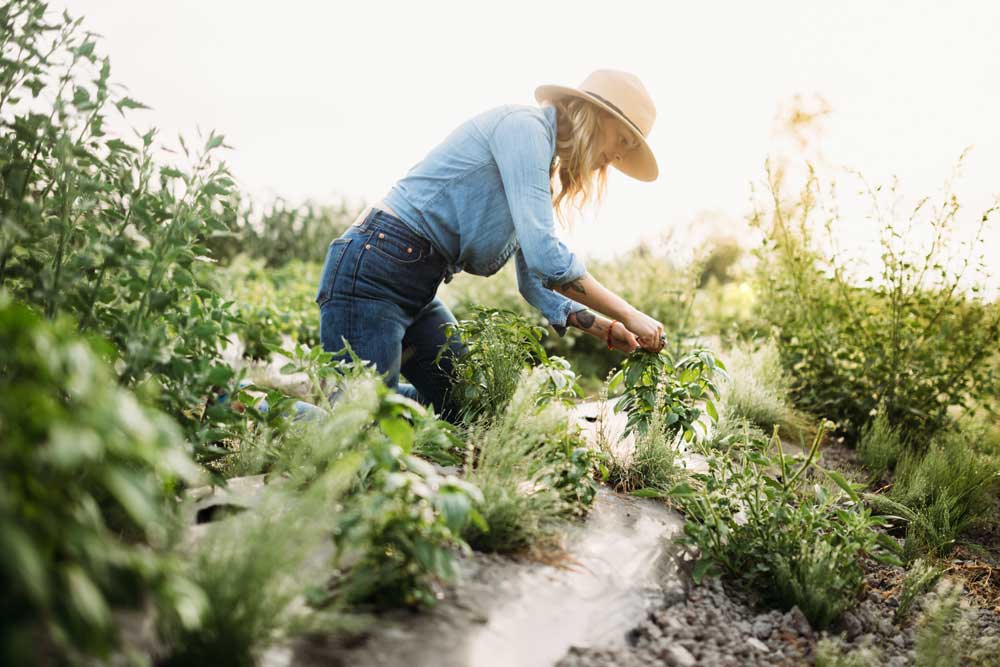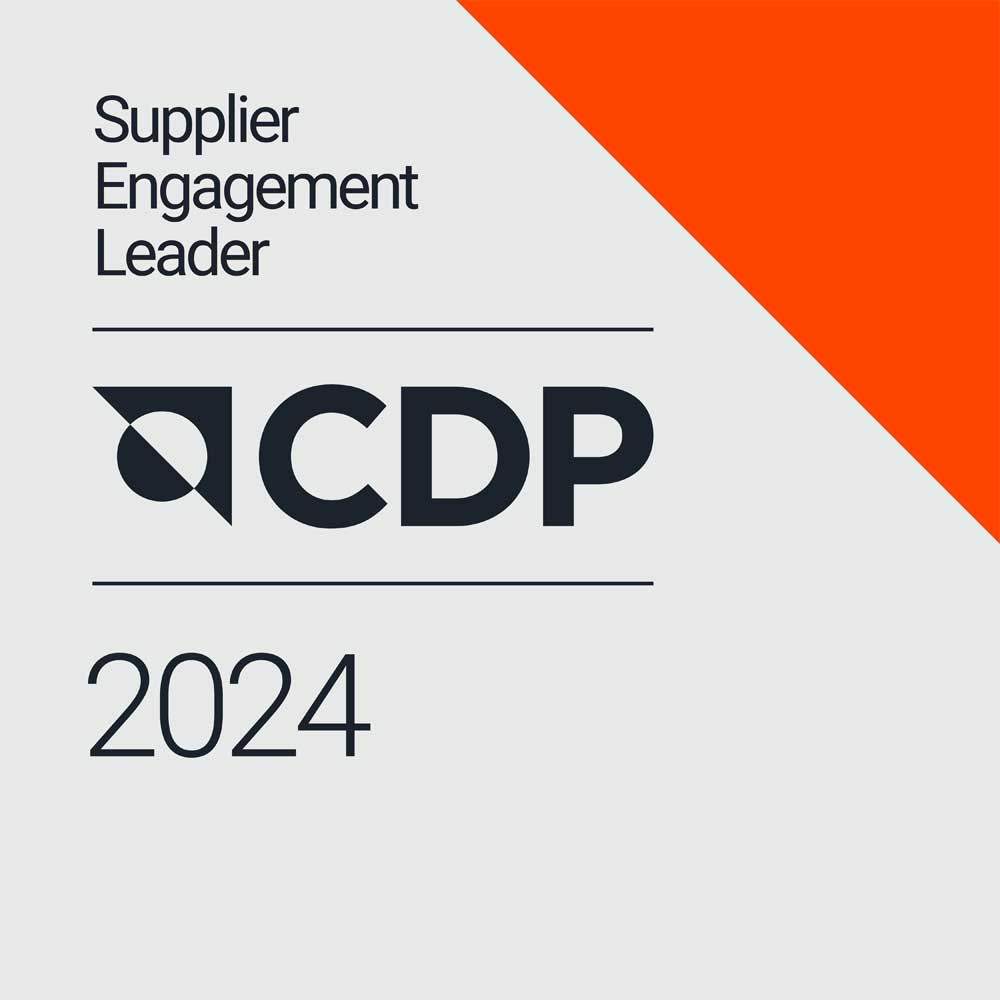The current Supplier Engagement Rating (SEA) of the non-profit organization CDP has once again awarded Symrise the highest score “A”. Only two per cent of more than 16,000 companies worldwide could achieve this rating. This demonstrates Symrise's commitment to integrating climate action at every stage of its value chain – from growing raw materials to delivering product solutions. These far-reaching measures allow customers and consumers to benefit from climate-smart choices.
Symrise could meet the expectations of the expanded CDP methodology of the current year and repeat its top supply chain rating. To achieve this, it involves over 5,000 partner suppliers around the globe, all of whom have set themselves their own or science-based climate targets. Today, more than 80 per cent of Symrise’s purchasing volume comes from suppliers with individual climate goals. Symrise regularly documents and reviews each partner’s environmental data, to quantify carbon dioxide emissions along the chain and identify potential reduction opportunities.
“Our products rely on more than 10,000 raw materials. Every ton of CO₂ saved makes them more climate-friendly,” says Dr Isabella Tonaco, Chief Sustainability Officer. “This renewed A rating confirms our commitment and motivates us to keep improving together with our suppliers.”
CDP, a global non-profit organization, assesses five areas: governance, climate targets, reporting of indirect or ‘Scope 3’ emissions (supply-chain CO₂), risk management and supplier collaboration. Symrise scores top marks across the board. A board-level mandate keeps climate action at the center of company strategy, while financial incentives encourage purchasing teams and suppliers alike to cut carbon dioxide emissions.
Symrise also complies with Germany’s Supply Chain Act, which sets strict environmental and social standards. This means fewer hidden emissions and clearer ingredient provenance. In the long term, Symrise aims to achieve net zero emissions for Scope 1, 2 and 3 by 2045. It also helps suppliers adopt energy-efficient technology, circularity and resource-saving farming methods such as regenerative agriculture.



